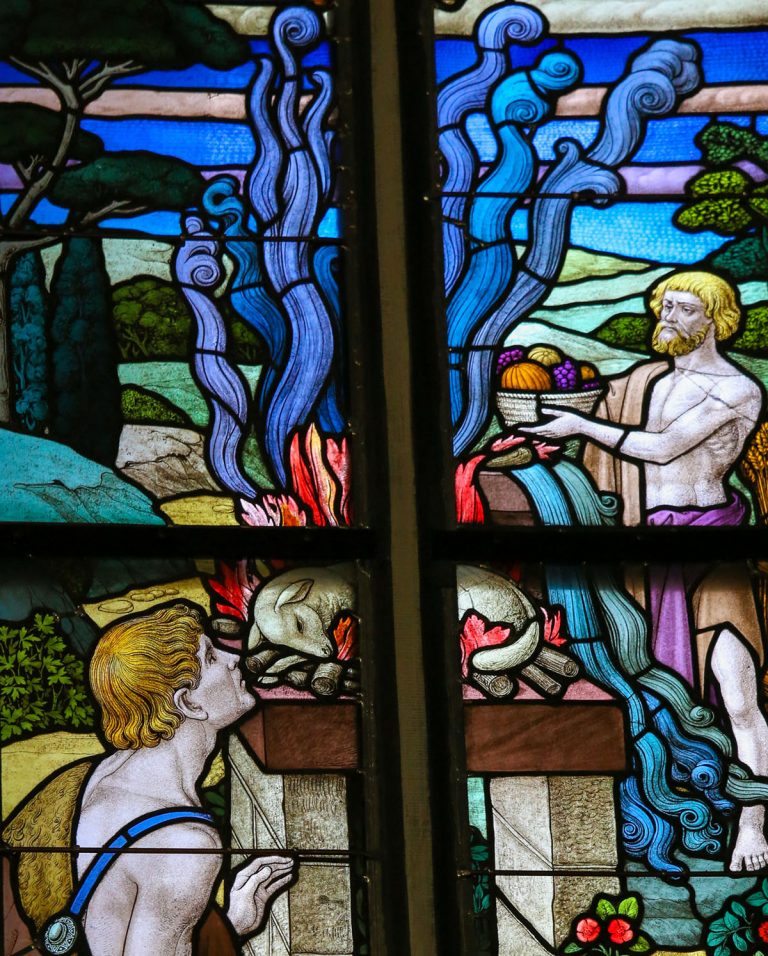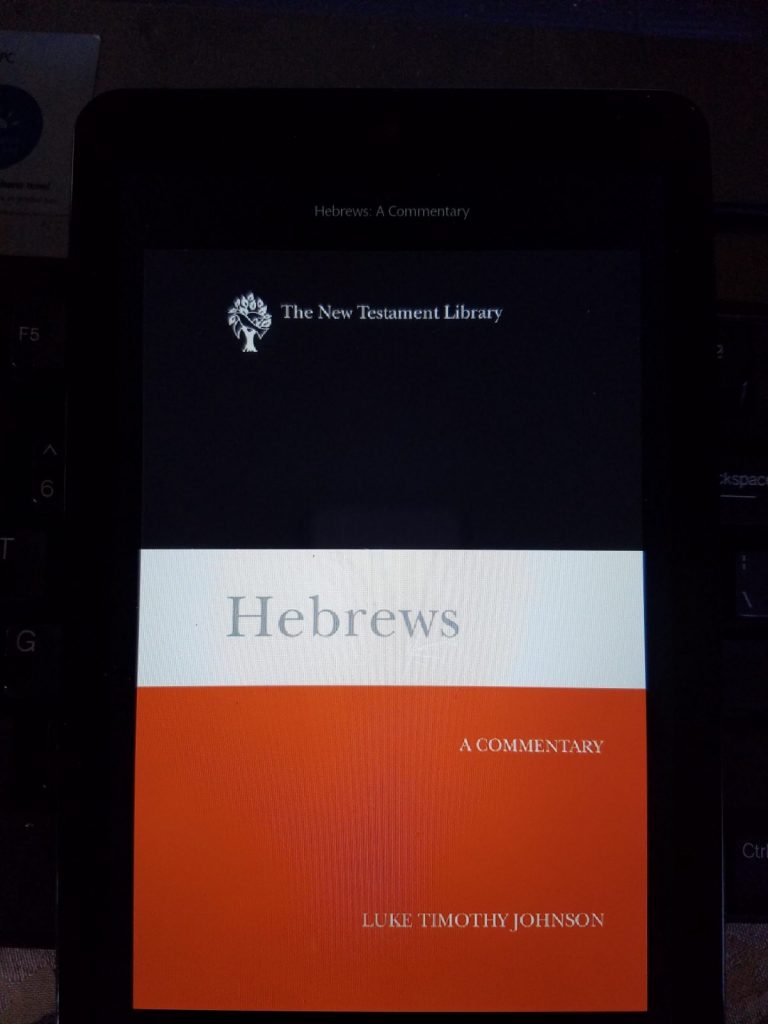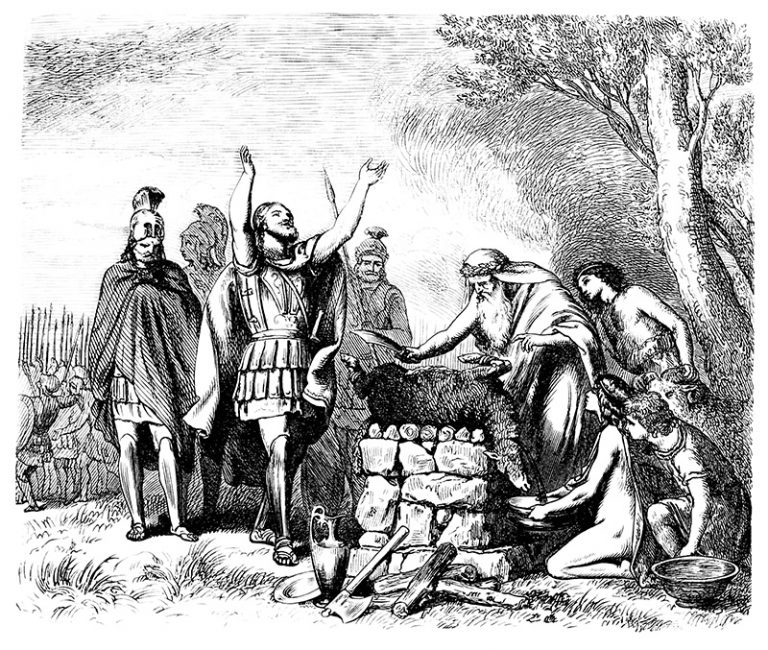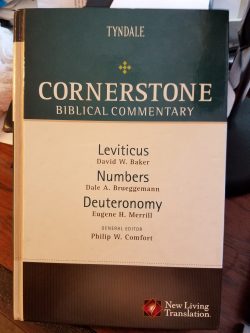Bloody Sacrifices and Salvation
One of the problems with understanding biblical talk about salvation is that we do not live with a sacrificial system. For many Christians, the whole idea of sacrifices is that someone sinned and a bloody sacrifice was required for atonement. Christians believe that because of one bloody sacrifice, that of Jesus on the cross, no…







